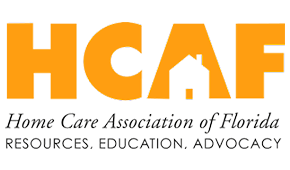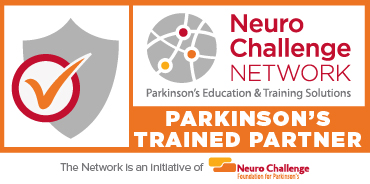An Introduction to Emergency Medical Services
If you, or someone you know, is ever sick or injured and need emergency help, remember there are lots of people who are specially trained to help you get better! meet some of them here:
Emergency Medical Technicians:
Emergency Medical Technicians, sometimes called “EMT’s,” have different amounts of training, depending on their job. Sometimes EMT’s are dispatchers who answer calls for help and send ambulances and rescue vehicles to the scene of the emergency. Other EMT’s drive the ambulance, assist with rescues, and perform basic emergency medical care.
Paramedics:
Paramedics are EMT’s with the highest level of training. They are able to perform many medical procedures at the scene of the emergency, or in the ambulance on the way to the hospital. Using a radio to communicate, paramedics often get instructions from a doctor at the emergency room or at the base station (paramedic’s headquarters).
Emergency Nurses:
• If you were a patient in the emergency room, an emergency nurse would probably be the first person you’d see. One of the nurse’s job is to ask you questions about your problem and help decide when you can see the doctor. Emergency nurses are specially trained to help treat emergency patients.
Emergency Physicians:
Emergency physicians are doctors who are especially trained to take care of a certain type of patient, emergency patients. Doctors who are specially trained often called “specialists”. Emergency physicians specialize in helping people who are injured in accidents or who become sick very suddenly, such as someone who is having a heart attack or has a very high fever.
Hospitalist:
A hospitalist is a relatively new trend in the care of hospitalized patients. Hospitalist is the term used for doctors who are specialized in the care of patients in the hospital. This movement was initiated about a decade ago and has evolved due to many factors. these factors include:
• Convenience
• Efficiency
• Patient safety
• Cost-effectiveness for hospitals, and
• Need for more specialized and coordinated care for hospitalized patients.
What to do in emergency:
Every medical emergency can be handled by remembering four things:
• Prevent, prepare, recognize, act
• The initial minutes after an injury or medical crisis frequently are the most important. The key is knowing what to do, remaining calm, and deciding to act
• Calling 9-1-1 is one of the most important things to do
• Tell the dispatcher about what happened. speak slowly.
• Explain the type of emergency
• Give your name and the phone number of the telephone you are using
• Give the exact address of the emergency
• Make a list of all the medications and dosages, allergies, drug allergies, and those with severe reactions.
• Have a copy of the living will/advance directive available










